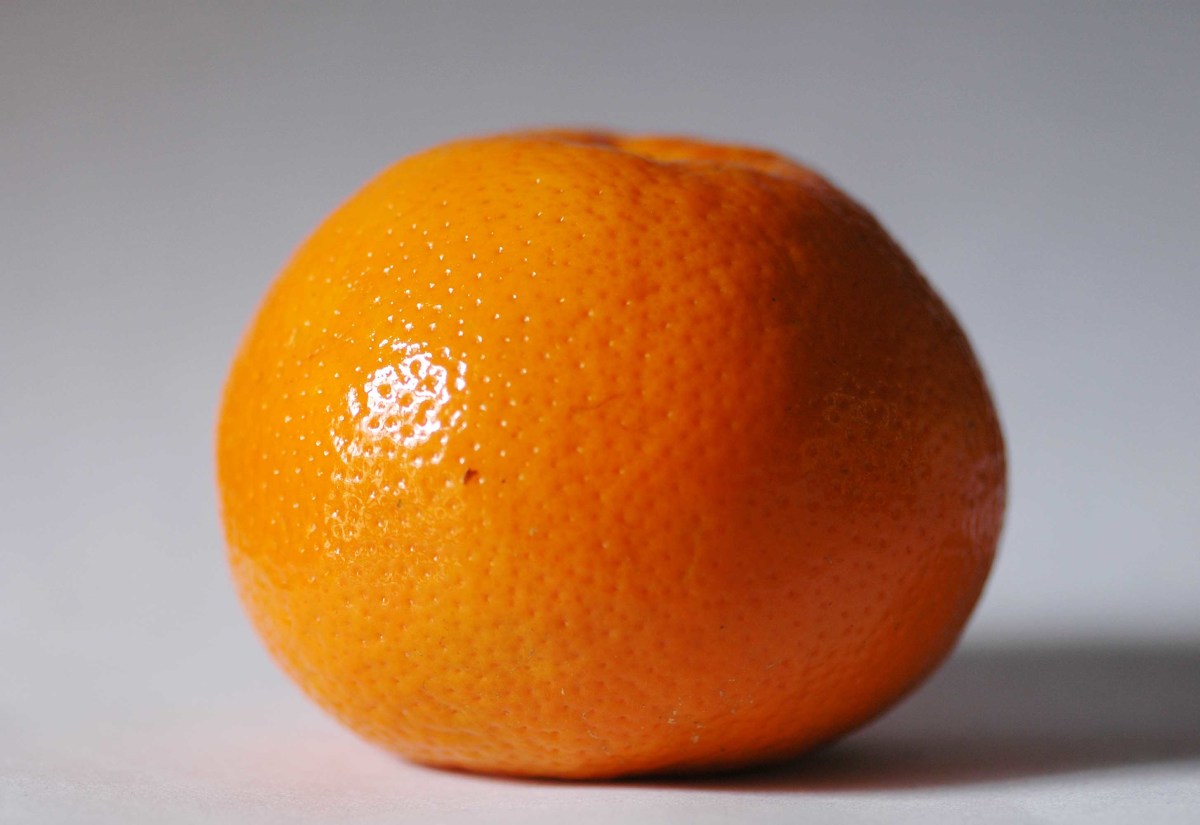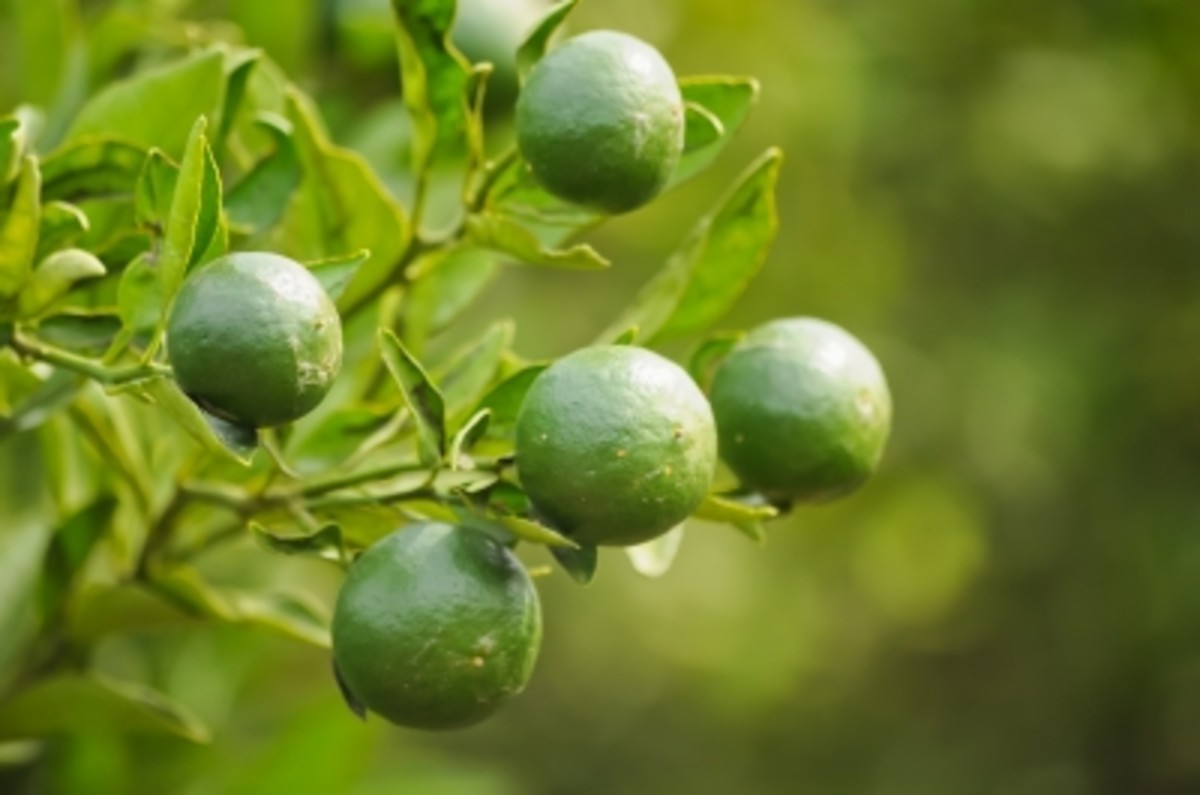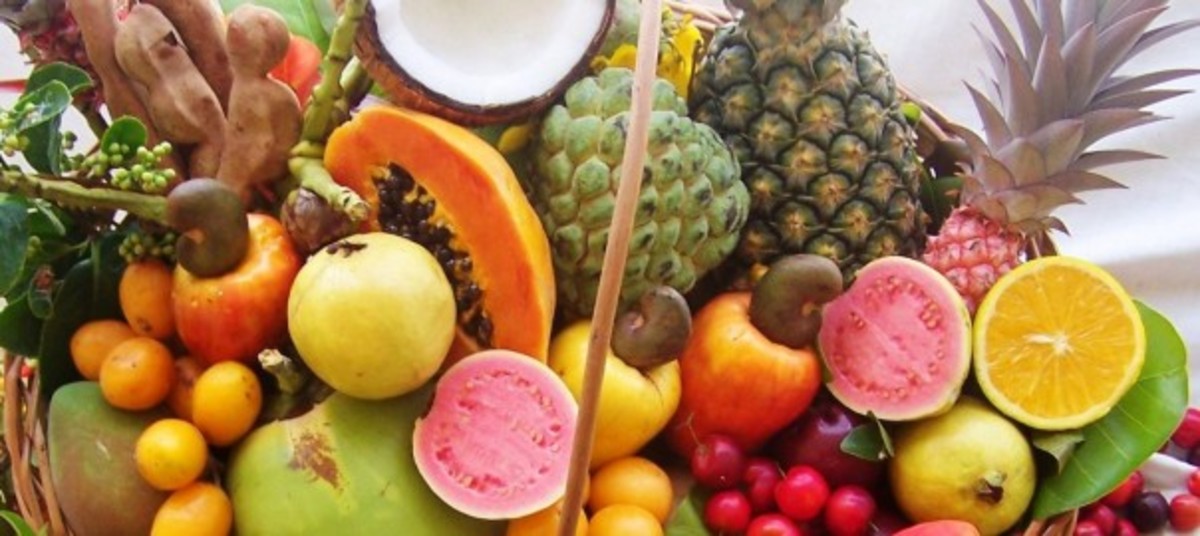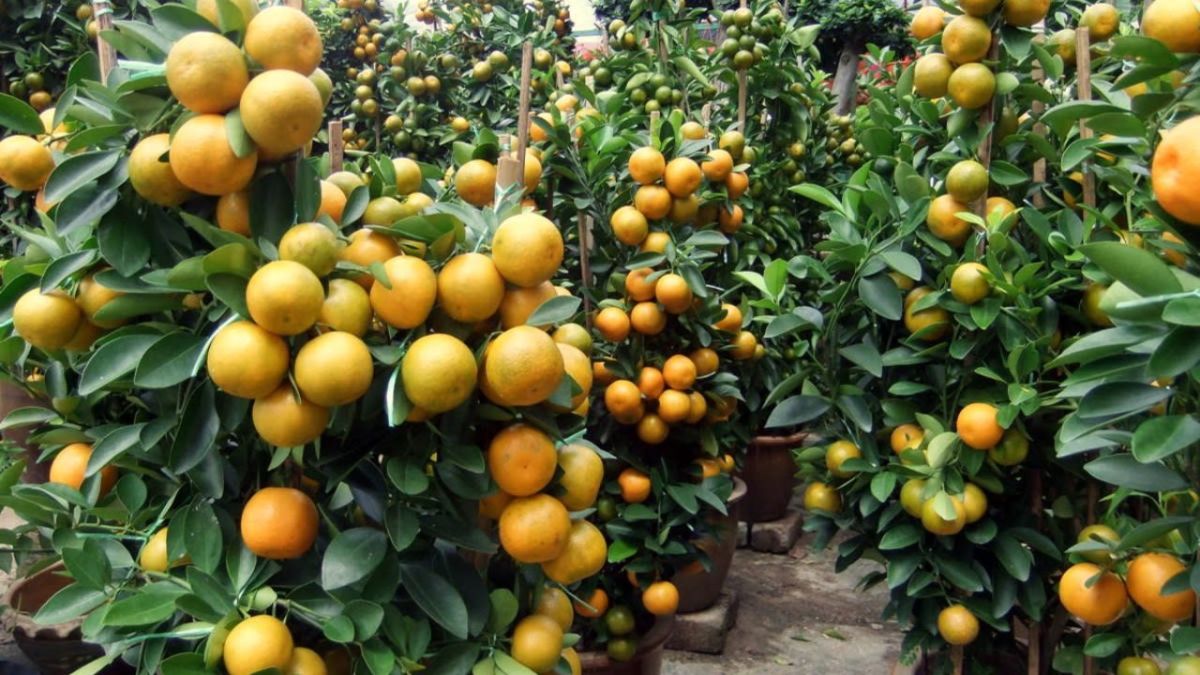Global Food Supply: What Does It Mean To You
What's for Dinner?
It is time to go grocery shopping; you hop into the family car and head for the grocery store. The parking lot is as crowded as ever, after all, yesterday was payday.
Once inside the store, you start to sense that this shopping morning, something is different. You head for the fruit and vegetable aisle. You are out of oranges, bananas, and want to get a mango for that new recipe you downloaded last night.
You arrive and realize that there are people standing there leaning on their shopping carts or simply staring; some are exchanging strange looks with each other.
Puzzled and somewhat disconcerted you look around and then it hits you; there are no bananas, no oranges, no kiwis, and no mangoes; in fact there is little fresh fruit at all.
A slight chill starts to spread across your shoulders; it is May where is the food? Someone says: The trucks that bring the food to the store did not make it into town in time; they are still in transit.
What are you going to do? You need food and you need it now.
Depending upon where you live this scenario will play out differently; countries where the growing season is longer than 3 months will be able to provide local vegetables and fruits for longer periods.
However, are the supermarkets selling those local foods or are they being grown for export?
Where I live the oranges, mangoes and bananas, all must travel hundreds, if not thousands of miles from where they are grown to get to my kitchen. This means that considerable fuel is used to simply transport these items to a store near me. If the fruits are not grown organically, then even more fossil fuels, in the form of fertilizers, are used to grow them.
As the fruit is usually washed before it reaches me and I wash it again, the pollution from the pesticides does not harm me directly but what about the people who work in the orchards where the fruit is grown? Are they exposed to toxic substances just so I can get a banana?
But on this particular shopping day; forever after know as The Day The Trucks Failed To Arrive, it is not only the, what we call here, the exotics, but the common place vegetables that are not in the bins or on the shelves; the apples, potatoes, onions and carrots are also in short supply and shoppers are already grabbing what they can.
A fight has broken out, verbal for now, over the ownership of the last ten pound bag of potatoes. Tempers are rising and the food already scarce vanishing.
People are becoming worried; they have relied on the global transportation system to bring the food to town for many years now and they're used to getting watermelon all year long.
What do they do?
The supplies at home are very limited, the pantry (and few actually have a pantry), is bare. Some boxes of Jell-O, a few cans of vegetables are all that is left; oh there are 3 slices of bread.
The bakery aisle is also bare, some day olds are still available but a mean looking crowd is making a beeline for them so you decide to head to the canned goods; canned fruit is better than nothing.
The canned food aisle is crowded and people are shoving; worse, even if you were to aggressively pursue a few canned goods there is so little on the shelf that you have no chance of getting enough to feed the family.
You are now grabbing items off the shelves as you pass them, paying little attention to what is going into the cart; you are operating on instinct now, primal instinct; Food must get Food.
Making it out of the store is a daunting experience, people are pushing to get in and out, grocery bags are falling to the ground and small struggles are being waged over the contents.
Reaching the car; you hurriedly open the trunk and toss your precious cargo in; close the trunk and hop behind the wheel. You are heading home with something for your family to eat. A nagging though slowly fills your mind; what did I actually buy and what’s more, what will happen next time?








